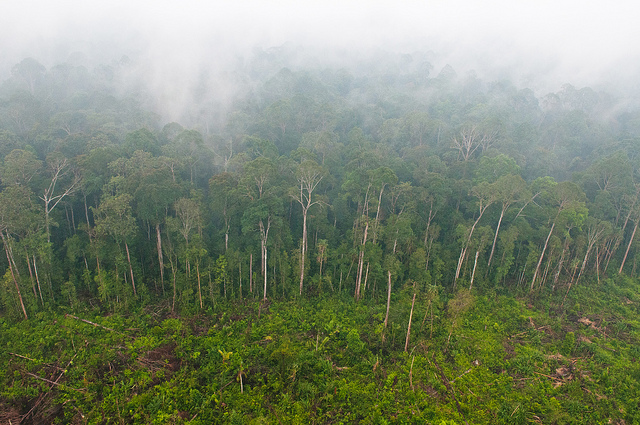Likelihood of El Niño rises, companies should prepare for fire
19 May 2014

As the likelihood of an El Niño occurring after June this year rises to above 65 percent, forestry and plantation companies should consider reviewing and updating their fire prevention and abatement strategies.
Companies operating on degraded forests or peat areas are at greatest risk of being impacted by an extended dry season phenomenon, said Philip Wells, Director of Spatial Planning and GIS/Remote Sensing at Daemeter Consulting. “Companies should review their SOP's, conduct retraining and tests on their equipment and make sure they have capable teams to deal with the impacts of El Niño as a precautionary measure,” he said.
The US’ National Oceanic and Atmospheric Administration (NOAA) warned on its website that the probability of El Niño has exceeded 65 percent for summer this year. “There remains uncertainty as to exactly when El Niño will develop and an even greater uncertainty as to how strong it may become,” it said. The organization updates its estimates monthly.
El Niño is an extensive warming of the central and eastern tropical Pacific that leads to a major shift in weather patterns across the Pacific with increased probability of drier conditions in Indonesia and the Western Pacific region. In Indonesia, this means increased likelihood of crippling forests fires. Between 9.7 million and 11.7 million hectares of land were affected by fire in Indonesia in the El Niño event in 1997 and 1998, according to a 2003 report from the Center for International Forestry Research (CIFOR).
Forest fires, particularly in Sumatra, and the haze they bring already caused havoc in Indonesia and neighboring countries earlier this year. More than 61,000 people in Riau province in Indonesia had to seek medical attention in March and April this year due to the smoke.
Indonesia’s Meteorology, Climatology, and Geophysics Agency (BMKG) warned that the dry season could last longer than in previous years due to El Niño, which it expects to start in July, the Jakarta Post reported today. Head of the BMKG meteorology division Mulyono R. Prabowo said that the coming El Niño would be less severe than the one in 1997/1998 event. Still, the agricultural sector should be prepared for the impacts on cultivation and production, the daily reported.
Photo courtesy of the Center for International Forestry Research (CIFOR)
